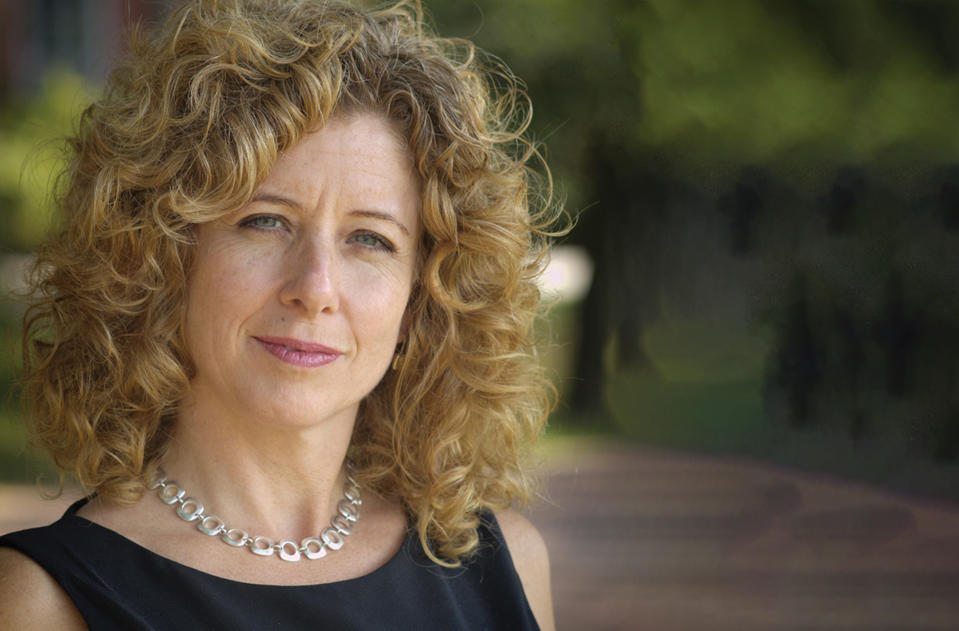Nov. 23, 2017
Learn how academic integrity affects students, professors and staff

Christensen Hughes will share insight into ethics and academic integrity in post-secondary education
Julia Christensen Hughes
Imagine a student who’s never written a research paper. As the task is handed out, they find themselves stressed, frazzled, and possibly not even sure where to start. Some will approach their professor, in a straightforward manner, with their concerns about the assignment. Others will immediately consider other options: buying a paper on line or copying from the Internet.
That’s the difference between academic integrity and dishonesty.
“Asking questions shows honesty on the part of the student,” explains Sarah Elaine Eaton, acting associate dean of teaching and learning in the Werklund School of Education. “Students have choices. Asking questions is better than plagiarizing or buying a paper from the Internet.”
Eaton goes on to say that academic integrity affects students, professors and staff across every faculty and school in the university. “Learning what the research says about how to cultivate academic integrity can make our teaching and learning culture, as well as the student experience, more positive and productive.”
To tackle the topic of academic integrity in-depth, Eaton has invited Julia Christensen Hughes to spend a day on campus and lead discussions in this area. Christensen Hughes, the dean of the College of Business and Economics (CBE) at the University of Guelph, is well known for her work on ethics and integrity in post-secondary education; her most recent work features research into teaching and learning in higher education.
Over the lunch hour on Nov. 24, Christensen Hughes will give a talk on Understanding Academic Misconduct: Creating Robust Cultures of Integrity. She’ll focus on her research on academic integrity, which she developed with the late Don McCabe, founder of the International Center for Academic Integrity.
Then from 3 to 4 p.m., she’ll present a workshop called Strengthening a Culture of Integrity at the University of Calgary. The workshop will provide a deeper understanding of why academic misconduct is happening on Canadian university campuses. Participants will discuss their experience at the University of Calgary and generate specific suggestions for what the university might do to strengthen its culture of integrity.
Both of these events are open to everyone in the campus community, and are being held in the Taylor Institute for Teaching and Learning Forum. “Anyone involved with student success should attend, including academic staff, administrators and support staff,” says Eaton. “Dr. Christensen Hughes will talk about what the research says about how to address cheating, plagiarism or other forms of student academic misconduct.”
